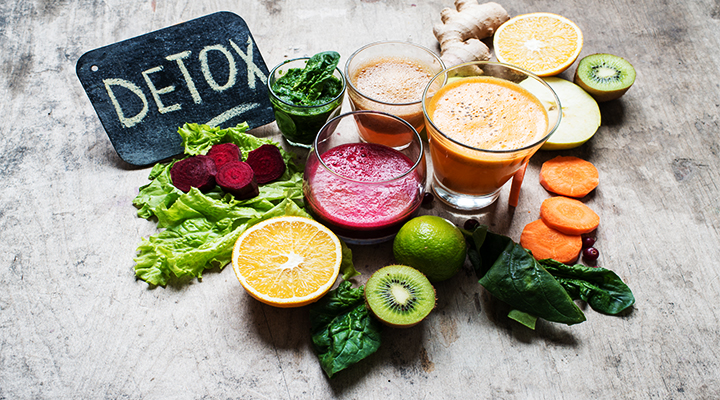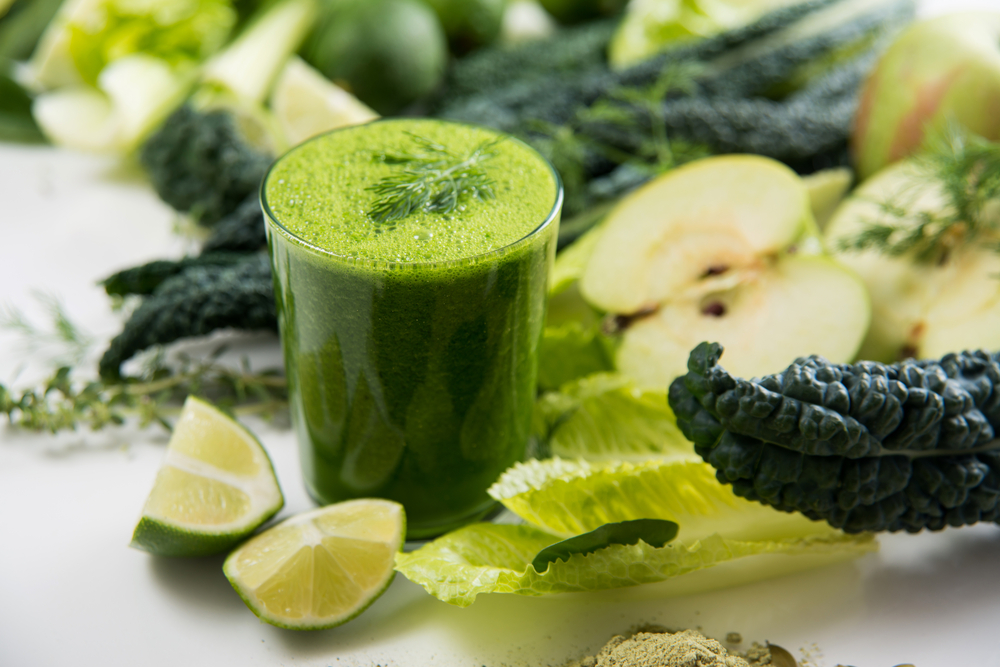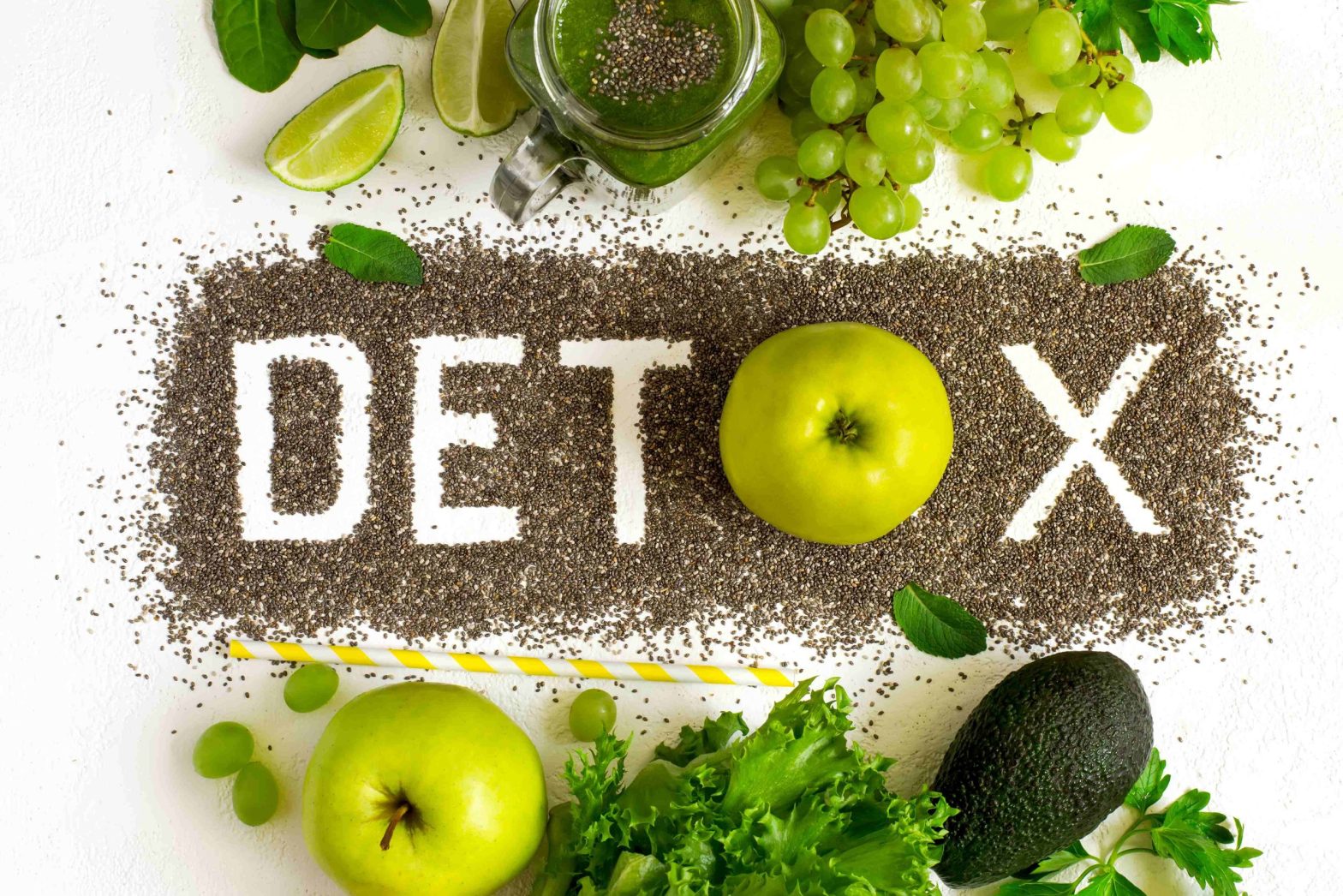The wellness industry has transformed detox diets into a multi-billion-dollar phenomenon, promising everything from rapid weight loss to complete body purification. Social media influencers showcase their juice cleanses, celebrities endorse extreme fasting protocols, and supplement companies market “miracle” detox formulas that claim to flush decades of accumulated toxins from your system overnight.
But here’s the uncomfortable truth that the detox industry doesn’t want you to know: your body is already equipped with the most sophisticated detoxification system imaginable. Your liver, kidneys, lungs, and digestive system work around the clock to eliminate harmful substances, and they’ve been doing this job perfectly for millions of years of human evolution.
The appeal of detox diets is understandable. In our modern world, we’re constantly exposed to environmental pollutants, processed foods, and chemical additives. The idea that we can hit a “reset button” through a simple dietary intervention feels empowering and necessary. However, the scientific evidence tells a different story entirely.
Most detox diets are built on fundamental misunderstandings about how the human body actually works. They prey on our fears about toxin accumulation while offering solutions that range from ineffective to potentially dangerous. The temporary weight loss and initial energy boost that many people experience during detox programs have nothing to do with toxin elimination and everything to do with calorie restriction and the elimination of processed foods.
Understanding the truth about detox diets isn’t just about saving money or avoiding disappointment – it’s about protecting your health and making informed decisions about your well-being.
What Detox Diets Are

Detox diets are short-term dietary interventions that claim to remove toxins from your body while promoting weight loss and improved health. These programs typically involve severe dietary restrictions, often including periods of fasting, consuming only juices or specific foods, and sometimes incorporating supplements, herbs, or colon cleanses.
The fundamental premise behind these diets is that harmful toxins from air, water, and food accumulate in your body’s tissues, fat cells, and bones, leading to weight gain and various health issues like headaches, fatigue, and bloating. Detox proponents argue that these accumulated toxins require special dietary interventions to remove them from your system.
Common types of detox programs include juice cleanses that restrict consumption to only fruit and vegetable juices, water fasting protocols, herbal detox supplements, and colon cleanses using laxatives or enemas. Some of the most popular programs, like the Master Cleanse diet favored by Hollywood celebrities, involve consuming salt water, a mixture of lemon juice and maple syrup, and laxative tea for extended periods.
The Science Behind Your Body’s Natural Detox System
The reality is that your body possesses an incredibly sophisticated, built-in detoxification system that operates continuously without any dietary intervention. Your liver, kidneys, lungs, skin, and digestive system work together to identify, neutralize, and eliminate harmful substances from your body through urine, feces, sweat, and exhaled air.
Your liver alone performs over 500 different functions, including breaking down toxins, metabolizing drugs, and converting harmful substances into less dangerous compounds that can be easily eliminated. Your kidneys filter your blood approximately 50 times per day, removing waste products and excess substances through urine. Even your lungs play a crucial role by eliminating carbon dioxide and other gaseous waste products.
This natural detoxification process handles heavy metals like lead, mercury, arsenic, and cadmium, as well as environmental pollutants, food additives, and metabolic waste products. The system is so efficient that toxins don’t actually “build up” in your organs as detox marketers claim – they’re continuously processed and eliminated.
Harvard Medical School experts emphasize that there’s no scientific evidence supporting the need for additional detoxification beyond what your body naturally performs. The concept that toxins accumulate in your liver or other organs, requiring special diets or supplements to remove them, is simply not supported by human physiology.
Debunking Common Detox Myths

Myth: Detox diets flush out accumulated toxins instantly
The truth is that there’s little to no scientific evidence that detox diets remove any toxins from your body. A 2015 study concluded that detox diets are not supported by evidence for weight loss or toxin removal. Your body’s natural detoxification process cannot be dramatically accelerated through dietary changes.
Myth: Juice cleanses are the ultimate detox solution
While juice cleanses may provide vitamins and antioxidants, they lack essential proteins, fiber, and healthy fats necessary for optimal health. Prolonged juice fasting can lead to blood sugar imbalances, muscle loss due to insufficient protein intake, and nutrient deficiencies.
Myth: Sweating eliminates most toxins
Although sweating plays a minor role in detoxification by eliminating small amounts of heavy metals, the vast majority of toxins are eliminated through urine and feces. Relying solely on saunas or intense exercise for detoxification is not scientifically supported.
Myth: Fasting is necessary for detoxification
Extended fasting can actually impair your body’s detoxification capabilities by depriving it of the nutrients needed to support liver function and toxin processing. Your body requires a consistent intake of amino acids, antioxidants, and B vitamins to maintain optimal detoxification.
The Real Risks of Detox Diets
Detox diets carry significant health risks that are often downplayed or ignored by their proponents. These dangers include severe nutrient deficiencies, particularly protein, iron, and B vitamins, which can lead to anemia, muscle loss, and compromised immune function.
The extreme calorie restriction common in detox programs can cause dangerous electrolyte imbalances, leading to heart palpitations and irregular heartbeat. The Master Cleanse diet, for example, provides only 600 calories per day while lacking essential nutrients, and repeated use can lead to metabolic acidosis, a potentially life-threatening condition.
Colon cleanses and laxative-based detox programs can cause severe dehydration, disrupt normal bowel function, and destroy beneficial intestinal bacteria. The frequent diarrhea and excessive urination associated with these programs primarily result in fluid loss rather than toxin elimination.
People with diabetes face particular dangers from detox diets, as severe calorie restriction can cause dangerously low blood sugar levels. Those with eating disorders, pregnant or nursing women, and individuals with compromised immune systems should avoid detox programs entirely.
What Actually Works: Evidence-Based Approaches

Instead of falling for detox marketing, focus on evidence-based strategies that genuinely support your body’s natural detoxification processes. The most effective approach is to adopt a balanced diet rich in fruits, vegetables, whole grains, lean proteins, and healthy fats while limiting processed foods, excessive alcohol, and added sugars.
Specific foods that support natural detoxification include cruciferous vegetables like broccoli and Brussels sprouts, which contain compounds that enhance liver detoxification enzymes. Antioxidant-rich foods such as berries, green tea, and leafy greens help protect cells from oxidative damage during the detoxification process.
Staying adequately hydrated supports kidney function and helps eliminate waste products through urine. Regular physical activity enhances circulation and supports the lymphatic system, which plays a role in immune function and waste removal. Quality sleep is crucial, as many detoxification processes are most active during rest.
Rather than seeking quick fixes through restrictive detox diets, focus on sustainable lifestyle changes that support your body’s natural detoxification capabilities. This approach is not only more effective but also safer and more sustainable for long-term health.
The Bottom Line
The truth about detox diets is that they’re largely unnecessary and potentially harmful interventions that exploit our fears about environmental toxins while offering false promises of purification and rapid weight loss. Your body’s natural detoxification system is remarkably efficient and doesn’t require special diets, expensive supplements, or extreme restrictions to function optimally.
Any benefits people experience from detox diets are typically due to eliminating processed foods and reducing calorie intake rather than removing toxins. The weight loss achieved is primarily from fluid loss and will return once normal eating resumes.

